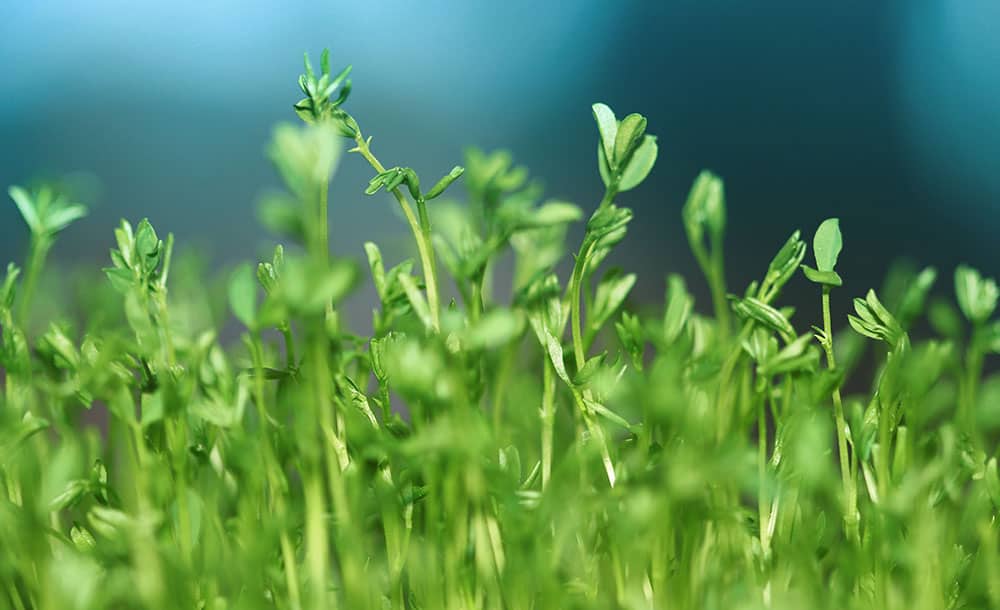Spring and the busy planting season are still a ways away, but mild weather in February could mean gardeners can start their outdoor activities early.
Plant Tomatoes:
Tomatoes can grow nicely in winter. Check with your nursery for tomatoes that are best for your microclimate. Prepare the soil by first completely removing older tomato plants. Till in vegetable garden planting mix to about 24 inches deep. Make sure the location gets plenty of sunshine throughout the day. Add tomato plants and water deeply several times a week if there is no rain. Pinch back flowers until plants are at least 20 inches high so they can focus their energy on growing. Once plants reach 20 inches, stake and allow flowers to develop.
If The Weather Is Mild, Plant Herbs:
Odds are, the chance of frost will be gone by mid-February. Plant an early herb garden of chive, cilantro, dill, fennel, lavender, mint and parsley.
Remove Weeds:
Even a small amount of rain will prompt weed growth. It’s easier to pull weeds while they are small instead of waiting until they have established a strong root system. Don’t put pulled weeds in a compost piles, as you’ll spread weed seeds throughout your garden. After removing weeds, add a layer of mulch to your garden to suppress future growth.
Keep Snails Away Naturally:
Winter rain attracts snails. To reduce the number of snails, remove their hiding places near your garden such as in groundcover and under boards and stones. Next, place bendable copper flashing around your plants. Place them six inches high and several inches into the ground. It’s thought that when snails’ slimy secretions meet the copper, a small electrical charge is produced–not a pleasant feeling for the snail.
Water Deciduous Trees:
If winter rains are sparse, water deciduous trees in February. This is the time of year that they begin to grow new leaves.
Plant Summer Bulbs:
If the weather is warm, plant bulbs for summer flowers. Bulbs will start showing up at nurseries and can be planted directly into the ground without chilling. They include Dutch iris, lily, gladiolus and begonia.
Start Vegetables From Seed:
Almost every type of vegetable plant can grow well from seeds started indoors. Your local nursery should have seed varieties that are right for your area. Add vegetable mix into the containers, place the seedlings carefully into the soil and water gently. Make sure the containers receive plenty of light. Expect the seedlings to be ready for outdoor transplanting in six to eight weeks.

